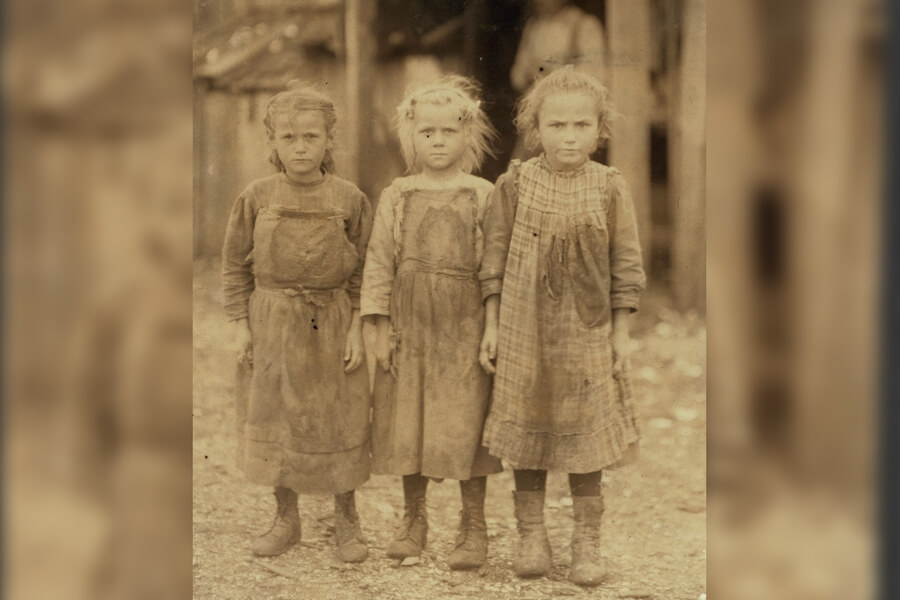Herbert Hoover (1874-1964), America’s 31st president, took office in 1929, the year the U.S. economy plummeted into the Great Depression. As the Depression deepened, Hoover failed to recognize the severity of the situation or leverage the power of the federal government to squarely address it.
In Kansas, farmers burned their wheat to keep warm. In Kentucky, coal miners and their families ate pokeweed and dandelion greens to fend off starvation. In Pennsylvania, 10 paroled prisoners asked to be locked up again because life on the outside was harder than being on the inside. And, homeless men made tar paper shacks in Central Park so they had somewhere to live and called it “Hooverville” blaming President Hoover for their circumstances.
Franklin Delano Roosevelt was governor of NY at the time and was pro-active in bringing about social change. He started a program for unemployed men to work on a state conservation project and created a Temporary Emergency Relief Agency that provided help for the unemployed. He was overwhelmingly reelected as governor of NY in 1930 and In the 1932 presidential election, Roosevelt defeated Republican President Herbert Hoover in a landslide.
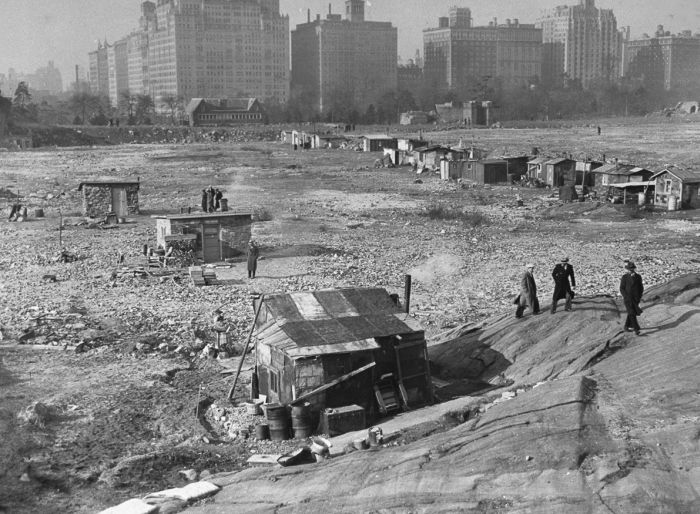
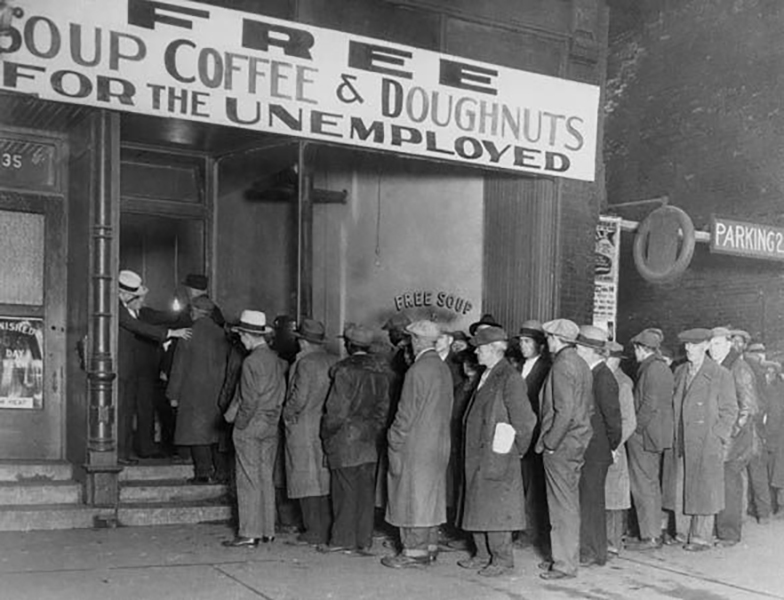
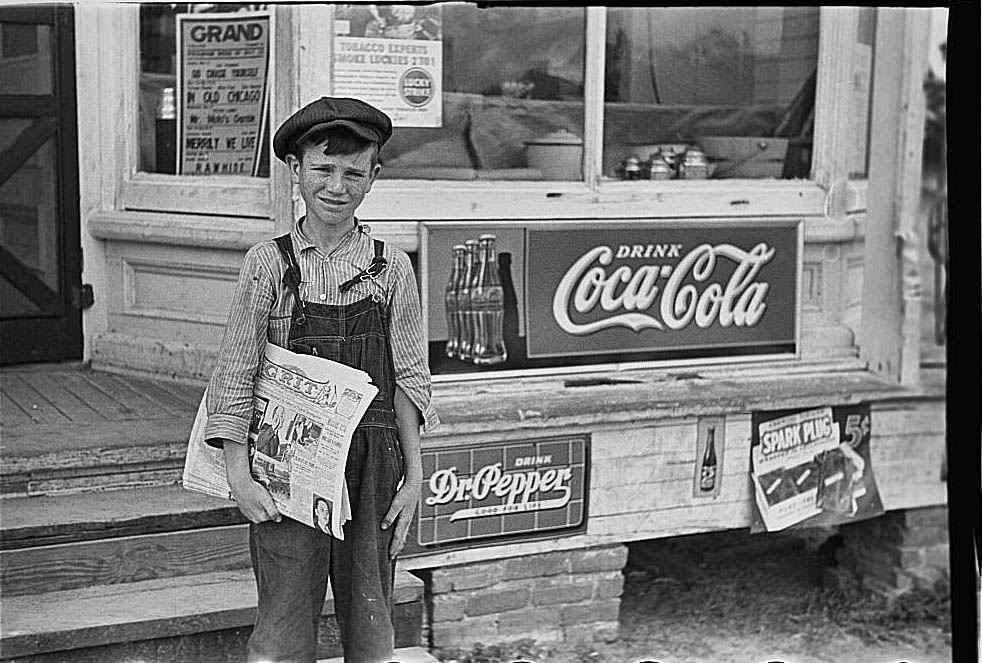
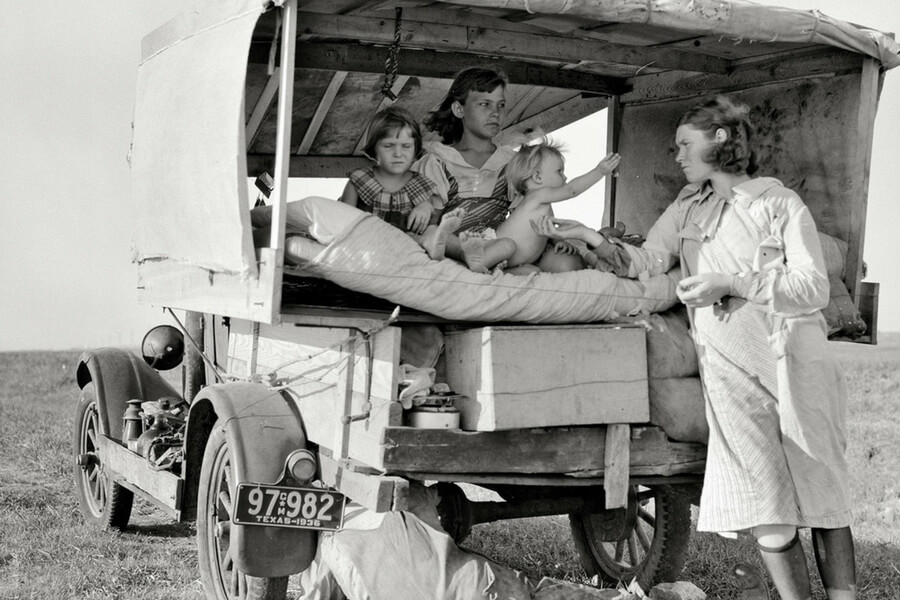
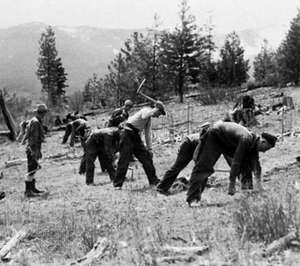
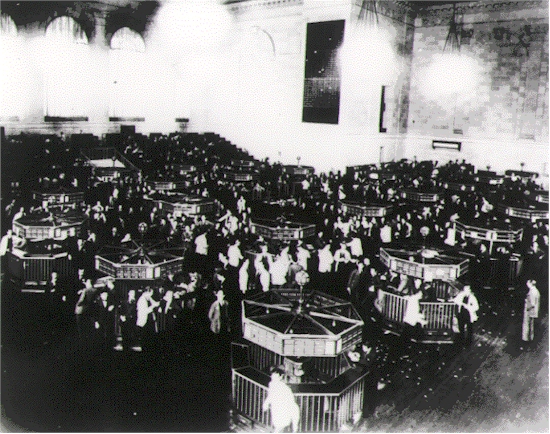
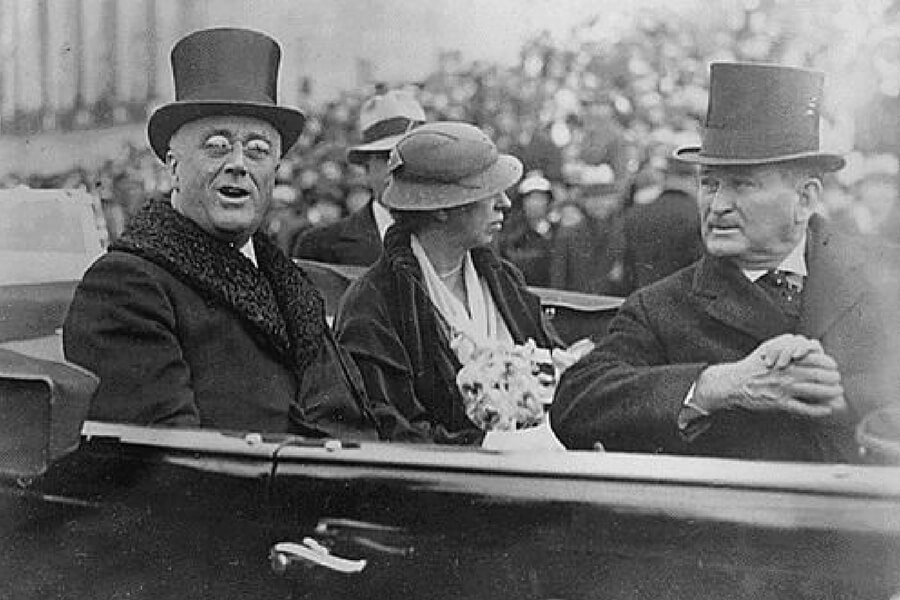
In his 1933 inaugural address, Roosevelt stated: “Our Constitution is so simple and practical that it is possible always to meet extraordinary needs by changes in emphasis and arrangement without loss of essential form. That is why our constitutional system has proved itself the most superbly enduring political mechanism the modern world has produced. It has met every stress of vast expansion of territory, of foreign wars, of bitter internal strife, of world relations.”
